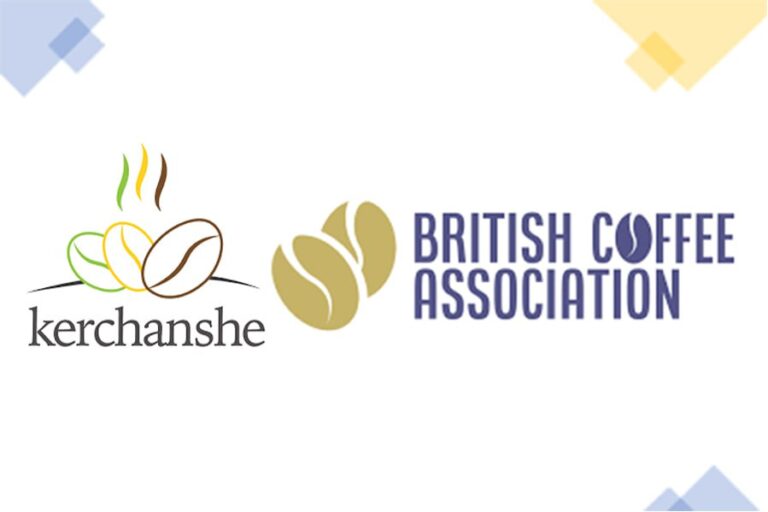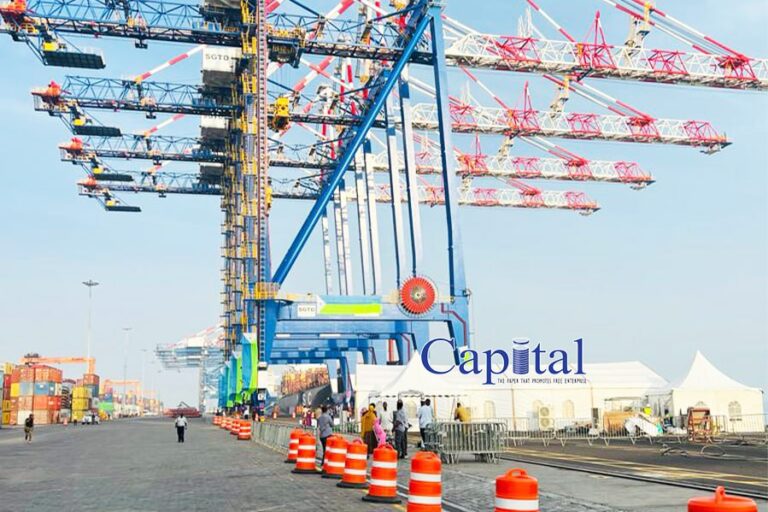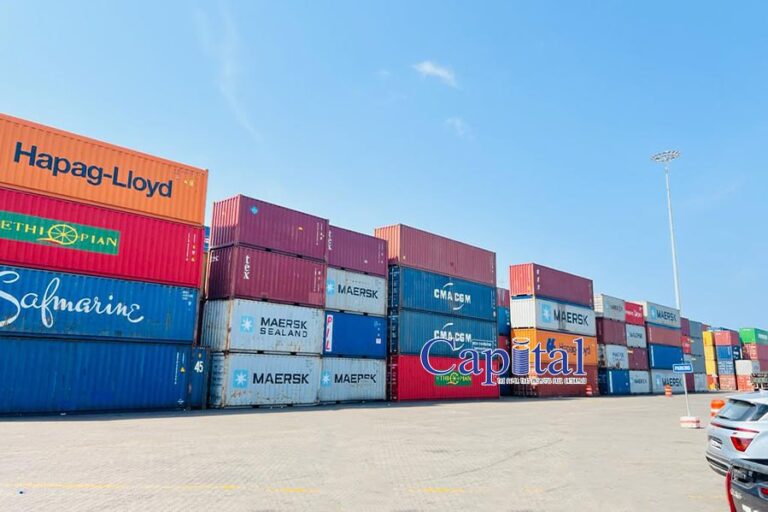Today, President Abdel Fattah El-Sisi met with Prime Minister, Dr. Mostafa Madbouly, Minister of Justice, Counselor Omar Marwan, and Minister of Health and Population, Dr. Khaled Abdel-Ghaffar.
The Spokesman for the Presidency, Counselor Dr. Ahmed Fahmy, said President El-Sisi followed-up on the government’s efforts to support the participation of the private sector in investing in the health sector, and to increase investment flows in the field of health. The meeting reviewed the mechanisms for following-up on investors’ commitments to establish, develop, manage and operate health facilities, and the necessary legislative frameworks in this regard.
The President gave directives to swiftly complete the required legislative steps to facilitate the participation of the private sector in the health system, so as to enhance its current capabilities, and raise its accommodation capacity as well as the quality and efficiency of health services in general.
The President was briefed on the implementation rates of a number of national projects in the health sector, including the opening of the first branch in Egypt of the French Gustave Roussy Institute of Oncology, in partnership with Al-Salam Hospital. Other projects discussed in the meeting were the Medical City of Nasser Institute, the Nile Medical City; the Central Laboratories project in Badr City; and the Medical City of Educational Institutes. The President gave directives to provide the necessary requirements for the relevant national projects, as part of the state’s plan to expand health services delivered to citizens and to strengthen the state’s efforts toward implementing the universal health insurance coverage.
The meeting also reviewed efforts underway to boost and localize the pharmaceutical industry, opening new fields for the export of Egyptian medicine, as well as the current status of presidential initiatives, notably the presidential initiative to eliminate waiting lists. President El-Sisi stressed the need to provide the necessary financial support in this regard, and to increase the accomplishment rates of the initiative to eliminate waiting lists. This shall take place while continuing to provide health support to the Palestinians in the Gaza Strip to alleviate the severity of the humanitarian catastrophe and health crisis endured by the people of the Strip.
Distributed by APO Group on behalf of Presidency of the Arab Republic of Egypt.






